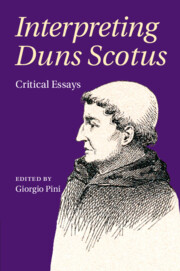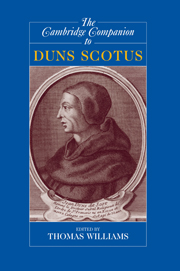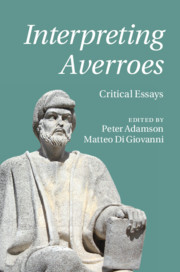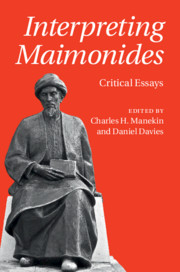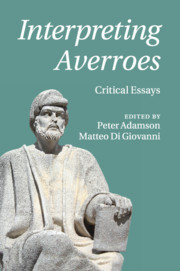Interpreting Duns Scotus
John Duns Scotus is commonly recognized as one of the most original thinkers of medieval philosophy. His influence on subsequent philosophers and theologians is enormous and extends well beyond the limits of the Middle Ages. His thought, however, might be intimidating for the non-initiated, because of the sheer number of topics he touched on and the difficulty of his style. The eleven essays collected here, especially written for this volume by some of the leading scholars in the field, take the reader through various topics, including Duns Scotus's intellectual environment, his argument for the existence of God, and his conceptions of modality, order, causality, freedom, and human nature. This volume provides a reliable point of entrance to the thought of Duns Scotus while giving a snapshot of some of the best research that is now being done on this difficult but intellectually rewarding thinker.
- Provides a clear analysis of key topics in the thought of one of the most original and influential metaphysicians in the history of philosophy
- Pays attention to the most recent findings of textual scholarship
- Approaches some standard issues from a new perspective, advances original interpretations, and deals with new themes
Product details
December 2021Adobe eBook Reader
9781108352055
0 pages
This ISBN is for an eBook version which is distributed on our behalf by a third party.
Table of Contents
- Introduction
- 1. John Duns Scotus's life in context Stephen D. Dumont
- 2. The modal framework of Duns Scotus's argument for the existence of a first cause Richard Cross
- 3. Duns Scotus on essential order in De primo principio and elsewhere Thomas M. Ward
- 4. Duns Scotus on how God causes the created will's volitions Gloria Frost
- 5. Duns Scotus on free will and human agency Martin Pickavé
- 6. Duns Scotus on the dignities of human nature Marylin McCord Adams
- 7. Duns Scotus on matter and form Cecilia Trifogli
- 8. Duns Scotus, intuitionism, and the third sense of 'natural law' Thomas Williams
- 9. The bound of sense – adequacy and abstraction in the later works of Duns Scotus Wouter Goris
- 10. Before univocity – Duns Scotus's rejection of analogy Giorgio Pini
- 11. Analogy after Duns Scotus: the role of the analogia entis in the Scotist metaphysics at Barcelona, 1320–1330 Garrett R. Smith.

